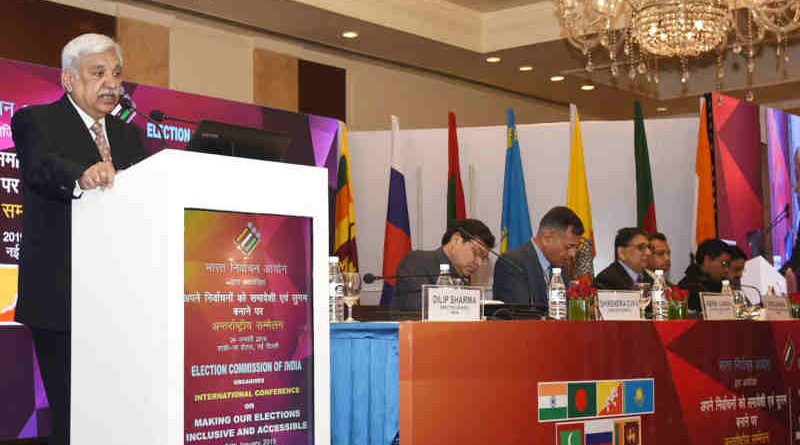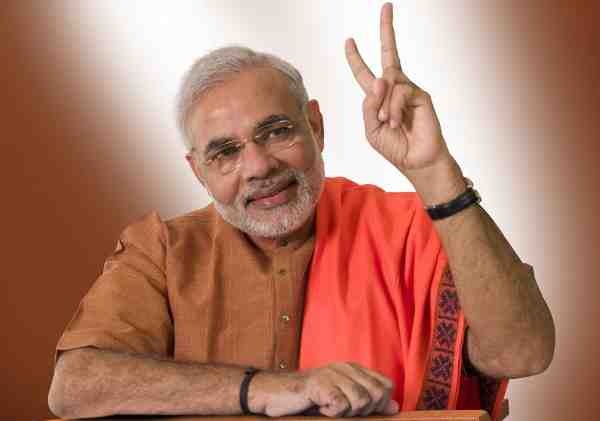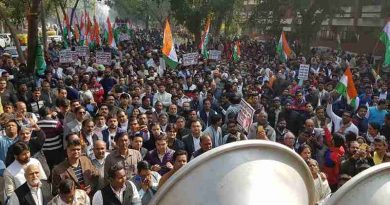Election Chief Says ‘Yes’ to Dubious EVMs, ‘No’ to Ballot Papers
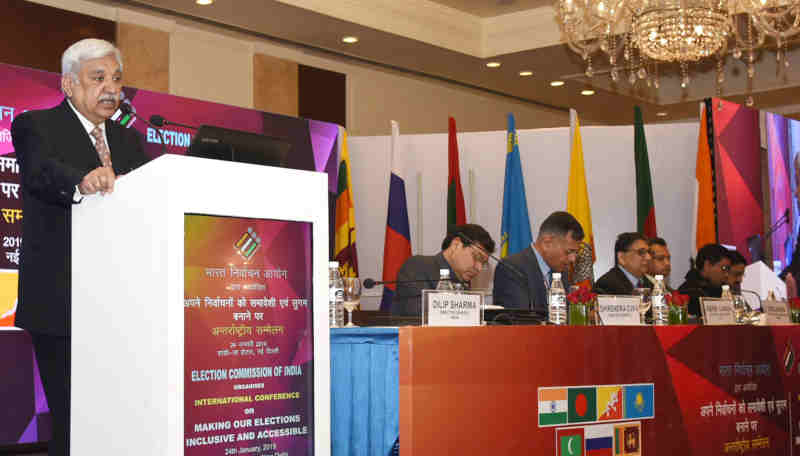
Although Congress recently defeated BJP in three state elections, it is said that BJP allowed Congress to win in small elections so that Congress should not complain against EVMs in the countrywide Lok Sabha election.
By Rakesh Raman
The Chief Election Commissioner of India, Sunil Arora, has categorically rejected the demand from a slew of political parties who want to hold elections on traditional ballot papers instead of dubious electronic voting machines (EVMs).
Arora denounced the targeting of the EVMs, saying these machines have been in use for the past two decades, and since 2014 the machines have given different results in different elections. He was attending an international conference on Thursday in Delhi on ‘Making our Elections Inclusive and Accessible.’
Major political parties in India have been complaining about the vulnerability of EVMs. They allege that the Prime Minister Narendra Modi’s party BJP tampers with EVMs to change the results in its favor.
Of late, the Jammu & Kashmir National Conference leader Farooq Abdullah said that the EVM used in Indian elections is a chor (thief) machine which can be manipulated to change the outcome of elections.
[ Real Voter Magazine Covers Lok Sabha Election News and Views ]
Abdullah, 81, demanded that the EVMs should be replaced with ballot papers to ensure transparency in elections – particularly the upcoming Lok Sabha election.
However, Arora retorts by saying that the Election Commission is not going to be intimidated, coerced, or pressurized into going back to ballot paper days.
Social Media Reactions: You can read the comments and reactions of people about this article on social media site Facebook. Click to read on Facebook Group 1 and Facebook Group 2. You can also write your comments and share the article with others.
“The position has been consistently maintained by successive Commissions and the same will be maintained in the future,” he asserted. “In ballot paper era there used to be innumerable complaints about impersonation and booth capturing by anti-social elements, besides the inordinate delays in declaring results which sometimes spread from three to four days.”
[ EVM Frauds in India: UN Must Supervise Lok Sabha Election ]
He added that the Election Commission has kept a robust technical and administrative mechanism to safeguard the integrity of EVMs and Voter Verifiable Paper Audit Trail (VVPAT) has further enhanced the transparency of votes for the voters.
This article is part of our exclusive editorial section that focuses on Lok Sabha election 2019. Click here to visit the editorial section.
Meanwhile, the youth wing of Congress party held a protest Thursday in front of Election Commission’s office. The party workers demanded that the EVMs should be replaced with ballot papers.
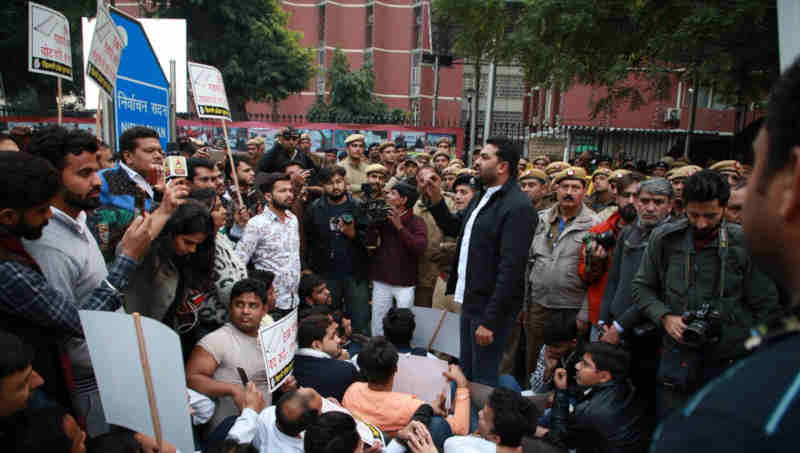
Although Congress recently defeated BJP in three state elections, it is said that BJP allowed Congress to win in small elections so that Congress should not complain against EVMs in the countrywide Lok Sabha election.
आज दिल्ली युवा कोंग्रेस के नेतृत्व में निर्वाचन आयोग का घेराव किया गया और सैकड़ों की संख्या में कार्यकर्ता साथ में उपस्थित रहे युवा कोंग्रेस EVM हटाओ ballet लाओ की माँग करती है ओर EVM को लेकर उसकी दोबारा से जाँच की माँग करती है।@RahulGandhi @Allavaru @keshavyadaviyc @ajaymaken pic.twitter.com/S7sN9Ypny9
— Vikas Chhikara (@chhikaravikas9) January 23, 2019
In the context of recent aspersions cast on EVMs used in elections, Arora mentioned that even in the recent elections in the five States, out of a total of 176,000 Polling Booths where EVMs were used, there were six incidents of violation of Standard Operating Procedure; that too in reserved EVMs not used in the actual elections.
“Although the ratio is negligible but even in these cases stringent disciplinary action was taken and ECI has and always will have zero tolerance to any kind of errors in the election process,” he reiterated.
While there are repeated claims and counterclaims about the digital security of EVMs, it is expected that the UN may constitute a team of digital experts who can supervise the Lok Sabha election in India.
By Rakesh Raman, who is a national award-winning journalist and social activist. He is the founder of a humanitarian organization RMN Foundation which is working in diverse areas to help the disadvantaged and distressed people in the society. He also creates and publishes a number of digital publications on different subjects.

